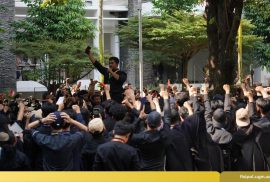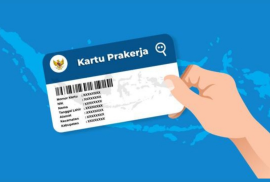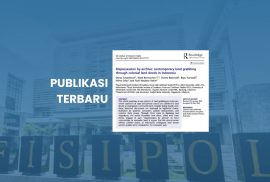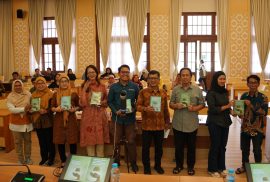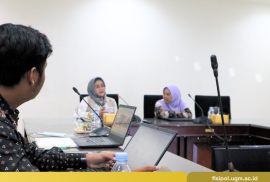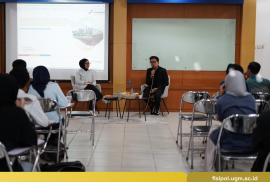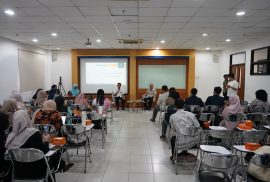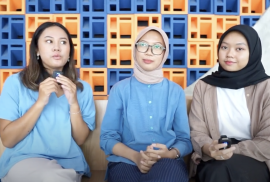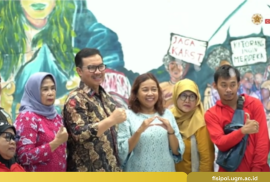Dr. Nurhadi, lecturer at the Department of Social Development and Welfare (PSDK), Faculty of Social and Political Sciences, Universitas Gadjah Mada (FISIPOL UGM), participated in a visiting scholar program at BRAC University, Dhaka, Bangladesh, from August 6–15, 2025. The program aims to strengthen international academic collaboration, particularly in poverty alleviation studies through the Graduation Approach.
BRAC University was chosen due to its close connection with BRAC International, the institution that pioneered the Graduation Approach in the early 2000s. Today, this method has become a global reference in poverty reduction strategies, including in Indonesia.


